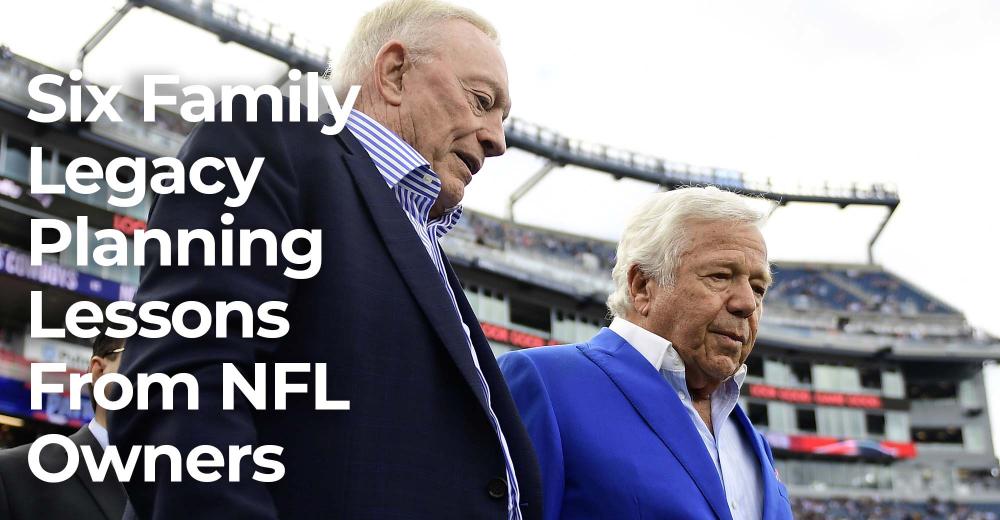1 7
1 7
The requirement that teams file an annual succession plan began after Tennessee Titans owner Bud Adams died in October 2013. Adams divided the ownership equally among three branches of his family, leading to a war over which would have power and control over the team. By requiring the annual designation of a successor, the NFL hopes to avoid a repeat of that strife when an owner dies.
Alzheimer’s disease forced Denver Broncos owner Pat Bowlen to turn over control to President Joe Ellis in 2014, followed by litigation among his kids over who would succeed him. Result? The team was put up for sale in February 2022 and sold four months later to a group led by former Walmart chairman Rob Walton for $4.65 billion, the highest price ever paid for a US professional sports team.
Houston Texans owner Bob McNair died in 2018, leaving the team to wife Janice with son Cal running the show. In the next three seasons, the team fired a general manager, two coaches, and a president. To add insult to injury, the Texans won just four games in two seasons and fell to 17th in attendance.
Washington Commanders’ owner Dan Snyder is reportedly considering a sale of the franchise, a team he bought in 1999 for $750 million that now has an estimated value of $5.6 billion. The prospective sale comes after repeated scandals, including accusations of a toxic work environment. There’s a lot of speculation of who a new buyer might be, but any transaction would have to be approved by 75% of NFL team owners. The situation is messy, to say the least, and not the kind of ideal transition the NFL desires.
One of the most painful stories involves Joe Robbie, owner of the Miami Dolphins. At his death in 1990, Robbie left behind a wife Elizabeth and nine children. His pourover will sent his assets to a living trust, and unknown to Elizabeth and most of the kids, he named three of the children as co-trustees. The co-trustees sold part of the franchise to Wayne Huizenga (former owner of Blockbuster Video), infuriating Elizabeth and the six other children. A family feud erupted that tore the family apart. When Elizabeth died almost two years after Joe, she left nothing to two of the kids and only $200,000 each to two other kids. The family had to sell 85% of the Dolphins franchise and 50% of Joe Robbie Stadium to pay a $45 million estate tax bill and to satisfy a claim Elizabeth filed against Joe’s estate.
Tom Benson, owner of the New Orleans Saints (as well as Pelicans NBA basketball franchise) changed his will at age 87, only a month after a court found him mentally competent. The legal battle, filed by daughter Renee and grandchildren Rita and Ryan, cited powerful evidence of incapacity and alleged Benson was being manipulated by his third wife of 10 years, Gayle, then age 68. The new will gave sole power over the franchises to Gayle, stating: “I specifically provide that Renee Benson, Rita LeBlanc, Ryan LeBlanc and all of their descendants shall have no interest whatsoever, and no legacy or other inheritance or benefit of any kind shall be paid to any of them under this will or otherwise.” Benson had previously designated granddaughter Rita to control the teams, but everything changed after an argument erupted between Gayle and Rita at a 2014 Saints game. Needless to say, Gayle (who once ran a home jewelry business and was twice previously divorced) won that fight.

